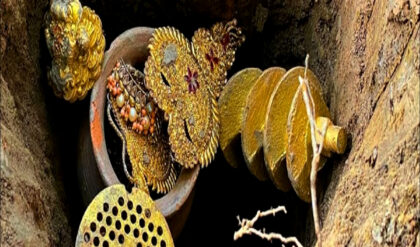
However, the most likely outcome is that the offspring will inherit a combination of traits from both parents, resulting in a unique hybrid species. These hybrid puppies may have different physical characteristics than their parents, such as a different coat color or pattern. They may also have different behavior patterns than either parent.It is important to note that hybrid species are usually sterile, meaning they cannot reproduce. This is because the chromosomes of the parents do not match correctly with the offspring. If hybrid puppies are sterile, they will not be able to produce offspring from their own blood and will not be able to compare their genetic life.
It is also important to consider the ethical implications of crossing different species. Many conservationists argue that it is unethical to systematically create hybrid species, as it can disrupt heritage ecosystems and geographic diversity. Furthermore, hybrid offspring may not be able to adapt to their patrural environment as well as their parent species.
In short, the mating of a large male tiger with a lioness is a rare case that raises interesting questions about hybrid species interbreeding. The outcome of their puppies is certain, but they are likely to inherit a combination of physical and behavioral traits from both parents. However, it is important to consider the ethical implications of constantly being created hybrid species and their impact on heritage ecosystems.





